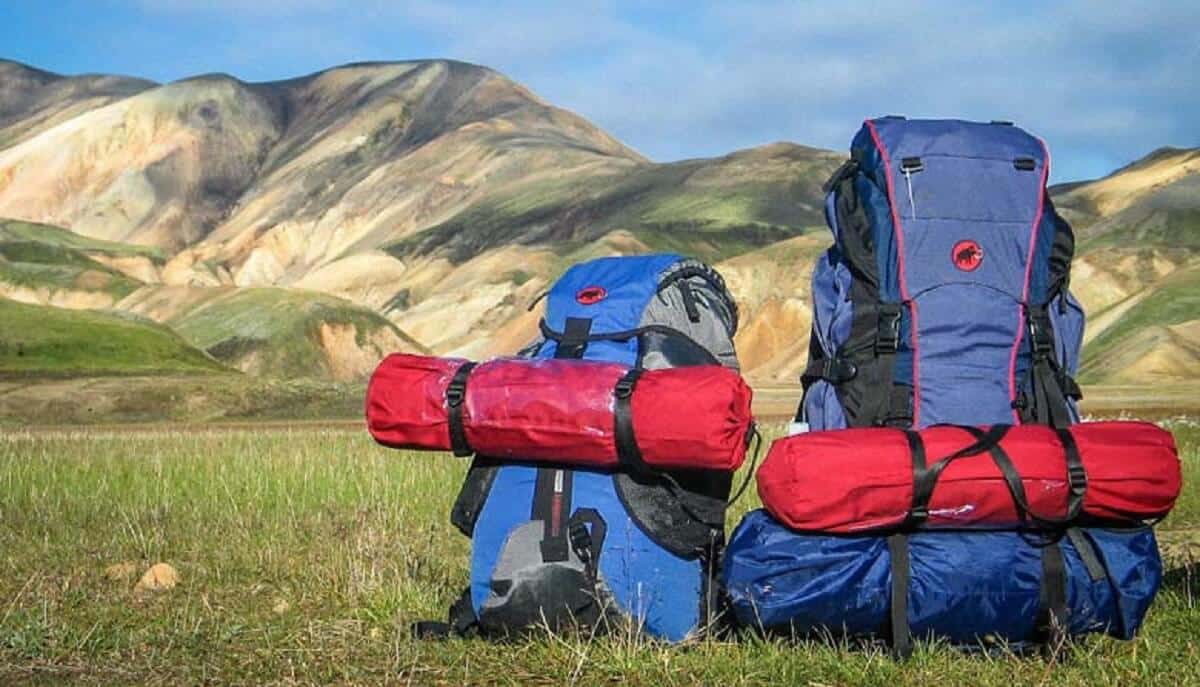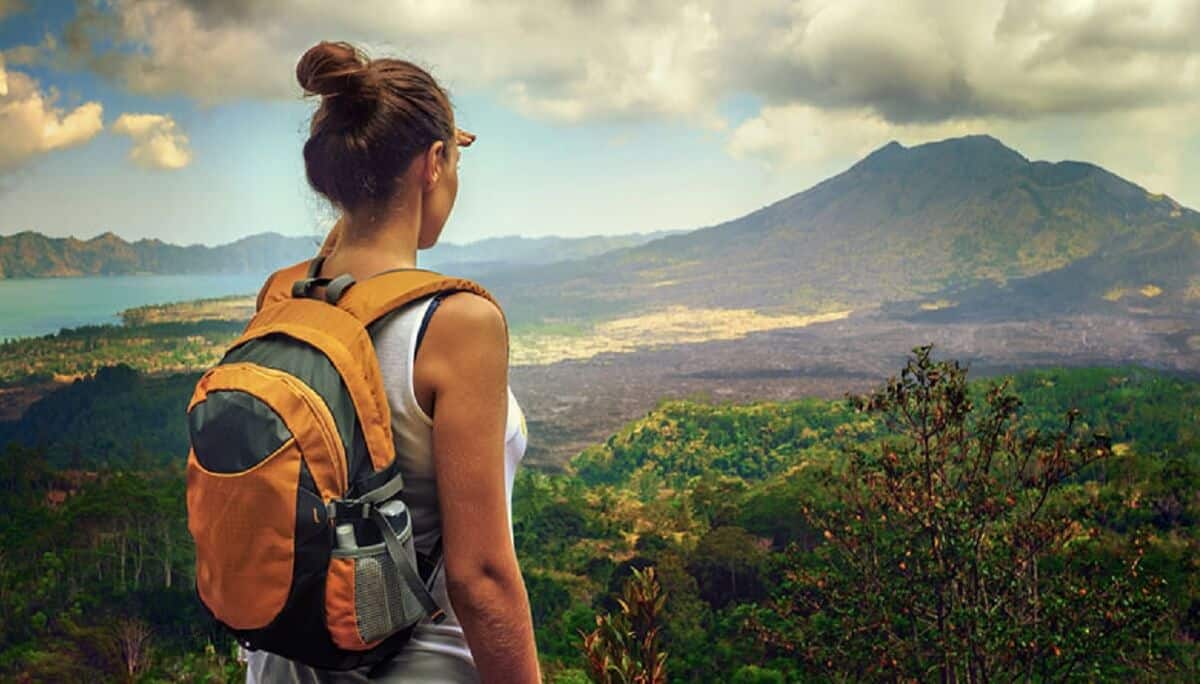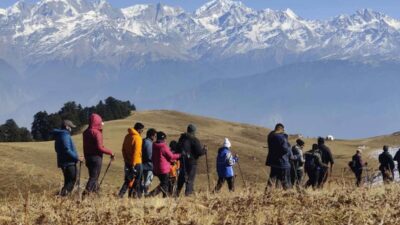A trip to Uttarakhand in June is one of the finest ways to embrace India’s mountain summer. With snow melting into streams, forests bursting into green, and peaks peeking through drifting clouds, the state offers travelers diverse terrain—from the alpine meadows of Chopta to the misty trails of Mussoorie, and the riverbanks of Rishikesh to the high passes of Munsiyari.
But June is a month of transition in Uttarakhand. While it marks the tail-end of spring and the onset of the monsoon, weather conditions can shift dramatically—clear skies one moment, unexpected rain or fog the next. That’s why packing well isn’t just about comfort—it’s about being safe, ready, and respectful of nature.
This comprehensive checklist covers everything you need to pack for your Uttarakhand trip in June—categorized into essentials, clothing, trekking gear, electronics, health items, safety equipment, and eco-responsible travel items.
1. Clothing: Dress in Layers
June in Uttarakhand can be warm during the day and surprisingly chilly at night, especially above 2,000 meters. The key? Layering.
Daytime (20–28°C)
- Light cotton t-shirts
- Breathable full-sleeve shirts (to avoid sunburn and insect bites)
- Trekking pants or cargo pants
- Lightweight scarf or stole (for temple visits or dust)
Evening/Night (10–18°C)
- Fleece jacket or sweatshirt
- Light woolen sweater
- Down jacket (for higher altitudes like Auli, Chopta, Munsiyari)
Rain Preparation
- Foldable rain jacket or poncho
- Quick-dry clothing (avoid jeans or heavy cotton)
Pro Tip: Even if you’re not trekking, moisture-wicking fabrics are your best friend in the hills.
2. Footwear: Traction, Comfort, and Water Resistance
You’ll likely do a fair bit of walking—even if not on trekking trails.
Must-Have Shoes:
- Sturdy hiking shoes with ankle support (especially for Chopta, Pangot, or hill treks)
- Comfortable walking sandals for towns or day sightseeing
- Flip-flops/slippers for indoors or bathing
Tip: Waterproof or quick-drying shoes are a game-changer if you get caught in rain.
3. Bags & Packing Essentials

- Backpack (30–50L): For day trips or short treks
- Duffle or trolley bag: For main luggage
- Daypack (10–15L): Handy for hikes, with hydration space
- Waterproof packing cubes or ziplock bags: To separate wet clothes or protect electronics
- Rain cover for backpack
4. Personal Hygiene & Toiletries
Mountain travel often means limited access to shops or clean water. Always carry your own hygiene kit.
- Toothbrush, toothpaste
- Biodegradable soap & shampoo
- Wet wipes and hand sanitizer
- Quick-dry towel
- Lip balm with SPF
- Face moisturizer (high-altitude air is drying)
- Toilet paper or tissue rolls
- Compact mirror, comb, nail clippers
5. Skincare & Sun Protection
The sun in the hills is stronger than you think, especially at high altitudes.
- High-SPF sunscreen (30+ or higher)
- Sunglasses with UV protection
- Cap or wide-brim hat
- Aloe vera gel (for sunburn relief)
- Mosquito repellent (especially for river areas or dense forest regions)
6. Safety & Emergency Gear
Whether you’re hiking or driving through winding roads, safety is non-negotiable.
- Headlamp or torch (with extra batteries)
- Power bank (2 if you’re heading to remote areas)
- Reusable water bottle (preferably insulated)
- Water purification tablets or Lifestraw (for trekking)
- Travel knife or multitool (not in cabin baggage if flying)
- Whistle (for emergency signaling during treks)
- Basic sewing kit and duct tape (you’ll thank yourself later)
Eco-Safety Note: Carry a cloth bag for picking up your own litter or to refuse plastic on the go.
7. Personal Medical Kit
Don’t rely on pharmacies in remote villages—carry your own well-stocked medical kit, especially in June when monsoon-related ailments can begin.
Essentials:
- Personal prescription medications
- Paracetamol
- Motion sickness tablets (roads can be winding)
- Anti-diarrhea and digestive meds
- Cold and flu tablets
- Band-aids, cotton, antiseptic lotion (Betadine/Savlon)
- Crepe bandage and pain-relief spray (for ankle sprains)
- ORS (Oral Rehydration Salts)
Altitude Tip: If traveling to high regions like Kedarnath, Munsiyari, or Auli, consult your doctor about AMS medication (e.g., Diamox).
8. Electronics & Accessories
Even remote Uttarakhand has become photographer and content-creator friendly, but power cuts are still common.
- Smartphone with offline maps
- DSLR or mirrorless camera with extra SD cards
- Portable tripod
- Car charger or solar charger (for road trips)
- Universal plug adapter
- Bluetooth speaker or earphones (for private use—respect the silence of nature!)
Network Tip: Airtel and Jio work in most regions, but remote villages may have zero coverage.
9. Documents & Travel Backups
While many places accept online payments, always carry physical IDs and emergency copies.
- Government-issued ID (Aadhaar, Passport, DL)
- Copies of hotel reservations and e-tickets
- Driving license (if self-driving)
- Health insurance (digital + printed)
- Local permits (required for some border villages or forest zones)
Keep digital backups in your email or a cloud drive.
10. Responsible Travel Add-ons
Traveling through Uttarakhand means treading lightly and respectfully in communities that are both ecologically and culturally sensitive.
- Reusable cutlery (bamboo spoon/fork & metal straw)
- Cloth napkin
- Journal for reflections (rather than using phone notes)
- A donation envelope (temples, schools, or villages often accept quiet support)
- Trash bag for your own waste (especially during treks)
- Guidebook or field notes on flora/fauna—know the ecosystem you’re entering
Cultural Etiquette Tip: Dress modestly and greet elders with a smile or a respectful “Namaste.” Uttarakhandis are warm-hearted, and kindness goes a long way.
Road Trip Specific Items
If you’re doing a self-drive or rented vehicle road trip across Uttarakhand in June, pack these too:
- Car charger with multiple ports
- Tire repair kit and air pump
- Printout of emergency contacts and mechanics en route
- Download offline maps on Google or Maps.me
- Spare snacks, water, and emergency blanket (for mountain pass delays)
Uttarakhand June Packing Checklist
| Category | Must-Haves |
|---|---|
| Clothing | Layered outfits, rain jacket, warm fleece |
| Footwear | Trekking shoes, sandals, slippers |
| Toiletries | Biodegradable soap, towel, wet wipes, sanitizer |
| Safety Gear | Headlamp, multitool, water purifier, whistle |
| Health & First Aid | Medications, bandages, ORS |
| Electronics | Phone, charger, camera, power bank, offline maps |
| Travel Documents | ID, permits, bookings, health insurance |
| Road Trip Gear | Maps, tool kit, snacks, car chargers |
| Eco Travel Items | Cloth bag, reusable cutlery, trash bag, journal |
Final Thoughts: The Mountains Love Those Who Come Prepared
Packing for Uttarakhand in June isn’t about carrying more—it’s about carrying right. Whether you’re hiking to a Himalayan temple, staying in a misty orchard cottage, or sipping chai in a local village, being prepared means you can truly immerse yourself in the journey without worry.
Let the weather surprise you, the mountains teach you, and the road humble you—but let your backpack be the one thing that never lets you down.
Planning to explore more in the state? Visit the full:
- Summer Vacation Planning for Uttarakhand
- Best Time to Explore Kausani, Uttarakhand
- Top Season to Visit Lansdowne, Uttarakhand
- Family Trip to Uttarakhand: Best Time to Go
- Best Season to Visit Binsar, Uttarakhand
- Top Summer Treks in Uttarakhand
- Uttarakhand in May: Weather & Travel Tips
- Top 9 Reasons to Visit Uttarakhand in 2025
- Uttarakhand Summer Guide: Places & Activities
- Top 15 Wedding Venues in Uttarakhand
- Panch Kedar Yatra Guide: 5 Shiva Temples
- Is It Good to Travel to Uttarakhand in June 2025
- 7 Offbeat Hill Stations in Uttarakhand to Explore in June



